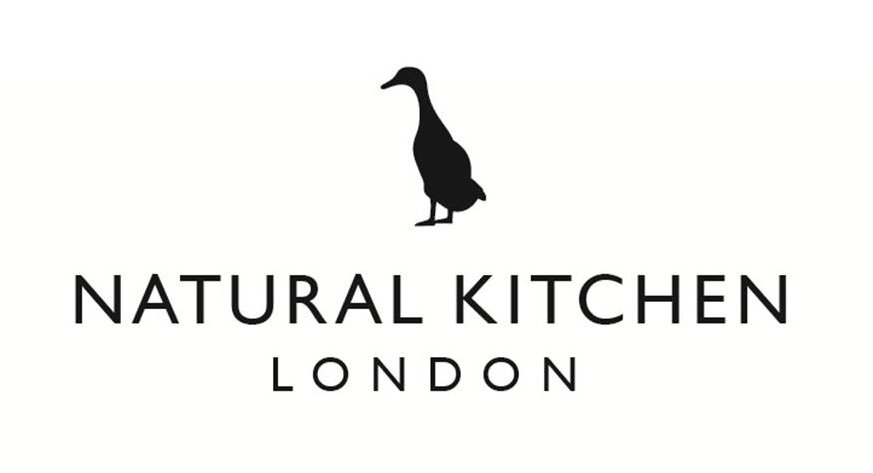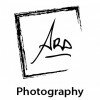LUCIANA FRANZOLIN
Lives and works in United Kingdom
Biography
Luciana Franzolin is a London based photojournalist and lecturer. Born in Brazil, she started a career as a press photographer in 1998, completing a BA in Journalism in 2000 and Post-Graduation in Photographic Practice and Discourse in 2001.Living in London since 2003, she has worked in a wide range of environments and assignments and completed her MA in Photojournalism at the University of Westminster, London, in 2009.
Very passionate about life, people and communication, Luciana currently works as director of training at London School of Photography and divides her time between the school and personal projects, increasingly concerning human rights and freedom.
She is a resident artist at Multigraphias, a multimedia art project including different formats and languages – mainly literature and photography – translating the poetic of the cities since 2008. Her images have been published in newspapers, books and magazines, and have been exhibited in Brazil and the UK.
Artist statement
The photograph presented on Passion for Freedom festival, taken at Tottenham Court Road Station in London, depicts a caricature of the two major religious groups today: Christianity and Islam.
The “Way Out” sign represents the photographer’s utopic desire for a world without religions, or, in the impossibility of that, the assurance of individual freedom to hold or reject beliefs and the total separation between church and state in all nations.
Freedom of thought, conscience and religion are closely related human rights that protect the freedom of an individual or community. The concept also includes the freedom to change religion or not to follow any religion (Article 18 – Universal Declaration of Human Rights).
Even in considered “free countries”, like England, secularism or laicism (laïcité) is not a reality yet; the simplest example is that the Queen, as well as being Head of State is also Head of the Church of England, and Bishops sit in the House of Lords (second chamber of Parliament).
There are also estimated to be around 85 Sharia courts in the country. They operate mainly from mosques, settling financial and family disputes according to religious principles.
In London, Sharia law has been used even to decide a case of serious criminal assault. The courts, which also claim to cover matters such as marriage, divorce, domestic violence and child custody, take place in private and do not publish their judgments.
www.lucianafranzolin.co.uk






